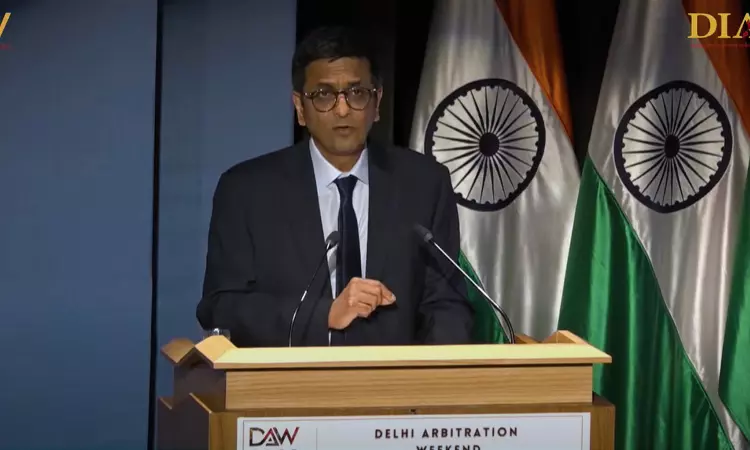Chief Justice of India, Justice DY Chandrachud on Thursday said that the arbitral space in India can do well to foster diversity in terms of source and experience and emphasized that a “gender diverse arbitral pool” would bring experiential learning to the entire process. “If the Indian legal system has to move away from the tag of being an Old Boys’ Club, the arbitration space can...

